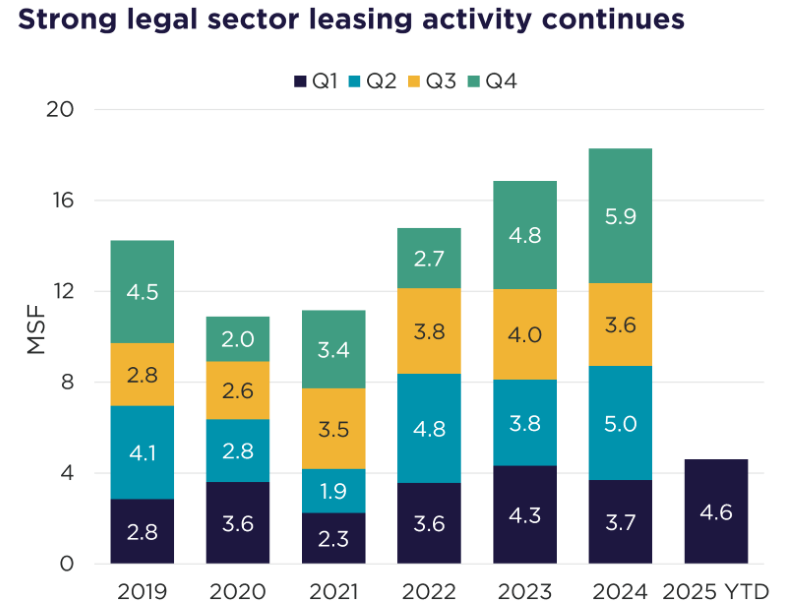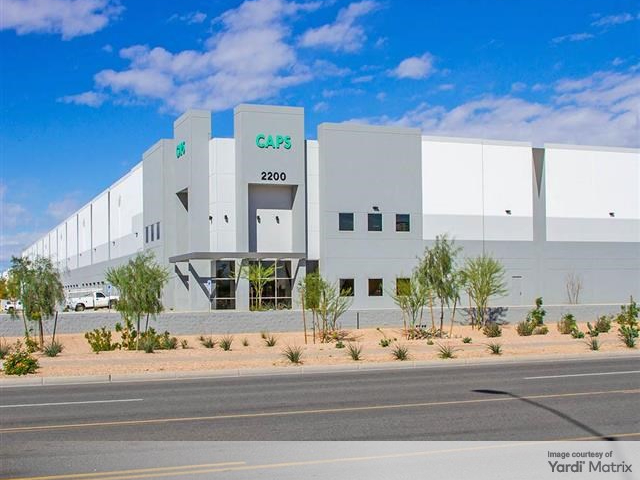Economy Watch: Economy Creates Jobs at Modest Pace, Greek Referendum Called Off
The BEA found the U.S. economy added 80,000 jobs in October. The Greek prime minister decided that referendum wasn't a good idea after all. And domestic non-manufacturing grew for the 23rd consecutive month.
November 4, 2011
By Dees Stribling, Contributing Editor
The Bureau of Economic Analysis reported on Friday that the U.S. economy added 80,000 jobs in October, with modest growth in various private-employment sectors pushing the total up, but continued cuts among state and local governments dragging the total down. The official unemployment rate is 9 percent even.
Other employment indictors this week had predicted a little stronger month than that. Also according to the BLS, during the week ending October 29, initial unemployment claims were 397,000, a decrease of 9,000 from the previous week’s revised figure of 406,000, and finally below the psychologically important 400,000 threshold. The four-week moving average, at 404,500, wasn’t quite there below that point, but still a decrease of 2,000 from the previous week’s revised average of 406,500.
Challenger Gray & Christmas reported this week that planned layoffs were down 63 percent between September and October, which, though not seasonally adjusted, seemed like a good development for the economy. On the other hand, year-over-year, planned firings were up 13 percent, from about 38,000 to about 42,750, according to the company.
Greek PM Says Never Mind About That Referendum
Was the idea of a referendum a Hail Mary pass for Greek Prime Minister George Papandreou, whose government is as crumbly as slice of baklava? Could be. But in any case, the PM decided on Thursday that a referendum on continued Greek participation in the euro-zone bailout wasn’t going to happen. Members of his own government, some of the opposition in the Greek parliament, the French, the Germans and a good many other interested parties were all twisting Papandreo’s arm on the matter, it seems.
Meanwhile, the European Central Bank — which, despite its name, isn’t quite the same as central banks in actual nations — said on Thursday that it wasn’t going to act as the lender of last resort for deadbeat euro-zone governments, however much EU nabobs want that kind of backstop. As a practical matter, that means that the ECB isn’t going to buy a lot of member-nation bonds for now, meaning there’s not going to be a euro-QE. The bank did lower its key interest rate to 1.25 percent from 1.5 percent on Thursday, however, in case the euro-zone sees an economic slide in the near future.
The G-20 is meeting is in Cannes over the weekend, and the confab isn’t likely to be nearly as much fun for the participants as the film festival. For one thing, the Greek government might vanish over the weekend, and no one is quite sure what would mean for the never-ending story of the currency that seemed like a good idea at the time, the euro. (One more thing: Silvio Berlusconi’s government in Italy is looking a mite wobbly, too.)
ISM Non-Manufacturing Index Grew
Economic activity in the U.S. non-manufacturing sector grew in October for the 23rd consecutive month, according to the latest ISM Report on Business, even though the index was down month-over-month 0.1 percentage point, from 53 to 52.9. According to the report, eight non-manufacturing industries reported growth in October, including management of companies and support services; information; transportation and warehousing; and retail trade, among others.
“Even though there is month-over-month growth in the Employment Index, respondents are still expressing concern over available labor resources and job growth,” noted the report. “The continued strong push for inventory reduction by supply management professionals has resulted in contraction in the Inventories Index for the first time in eight months. Respondents’ comments are mixed and reflect concern about future business conditions.”
Wall Street yo-yoed back up again on Thursday, seemingly cheered by the latest bit of seemingly good news from around the Mediterranean. The Dow Jones Industrial Average closed up 208.43 points, or 1.76 percent, while the S&P 500 gained 1.88 percent and the Nasdaq advanced 2.2 percent.








You must be logged in to post a comment.